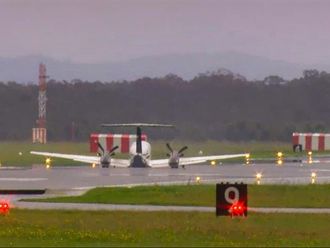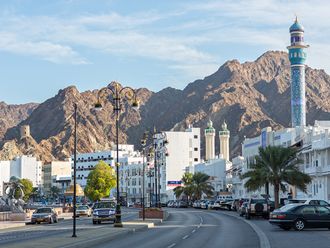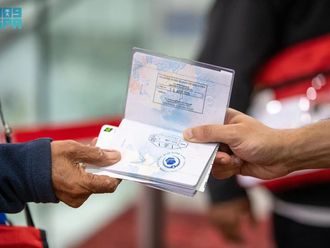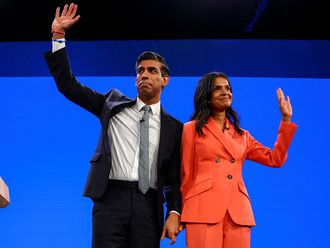Tokyo: The International Atomic Energy Agency (IAEA) on Monday called on the operator of Japan’s crippled Fukushima nuclear plant to improve “essential systems” as it struggles to deal with leaks and power cuts.
The stricken site has suffered an increasingly long line of mishaps, including a series of radioactive water leaks, that have rattled public confidence in the aftermath of the worst atomic crisis in a generation.
“Tepco [Tokyo Electric Power] should continue its efforts to improve the reliability of essential systems, to assess the structural integrity of site facilities and to enhance protection against external hazards,” the UN nuclear watchdog said in a statement.
“Measures should continue to improve management issues regarding radiation releases and exposures from the site, particularly issues created by the storage of accumulated water,” it added.
The comments came after an IAEA mission met with officials from the Japanese government and Tepco last week in Tokyo, ahead of their on-site inspection at the plant.
Dead rats found
The statement was released just hours after Tepco said it had temporarily switched off a reactor cooling system following the discovery of a pair of dead rats near critical equipment.
The measure was taken to allow workers to safely remove the bodies and to check whether the animals had done any damage to delicate electrical systems, a Tepco spokesman said.
Monday’s incident came after a rat last month caused a short-circuit at the plant, which knocked out power to cooling systems for pools storing nuclear fuel and sparking fears of a meltdown.
It took more than a day to fix the problem in March.
In the past month, Tepco has reported another temporary outage at one of the reactor cooling systems and two incidents of suspected leaks of radioactive water, undermining the precarious fix at the plant since the earthquake and subsequent tsunami in March 2011.
Third inspection
It was the third IAEA inspection by nuclear experts and international specialists at the request of the Japanese government and is the third of its kind since the Fukushima plant was knocked out by the tsunami.
“It is expected that in such a complex site, additional incidents will occur as it happens in nuclear power plants under normal operation,” Juan Carlos Lentijo, head of the IAEA mission, told reporters in Tokyo on Monday.
The plant was hit by a 9.0-magnitude earthquake and massive tsunami in 2011, prompting reactor meltdowns that forced tens of thousands of people to flee their homes.
Many remain displaced and some will never be able to return.












